Back to Courses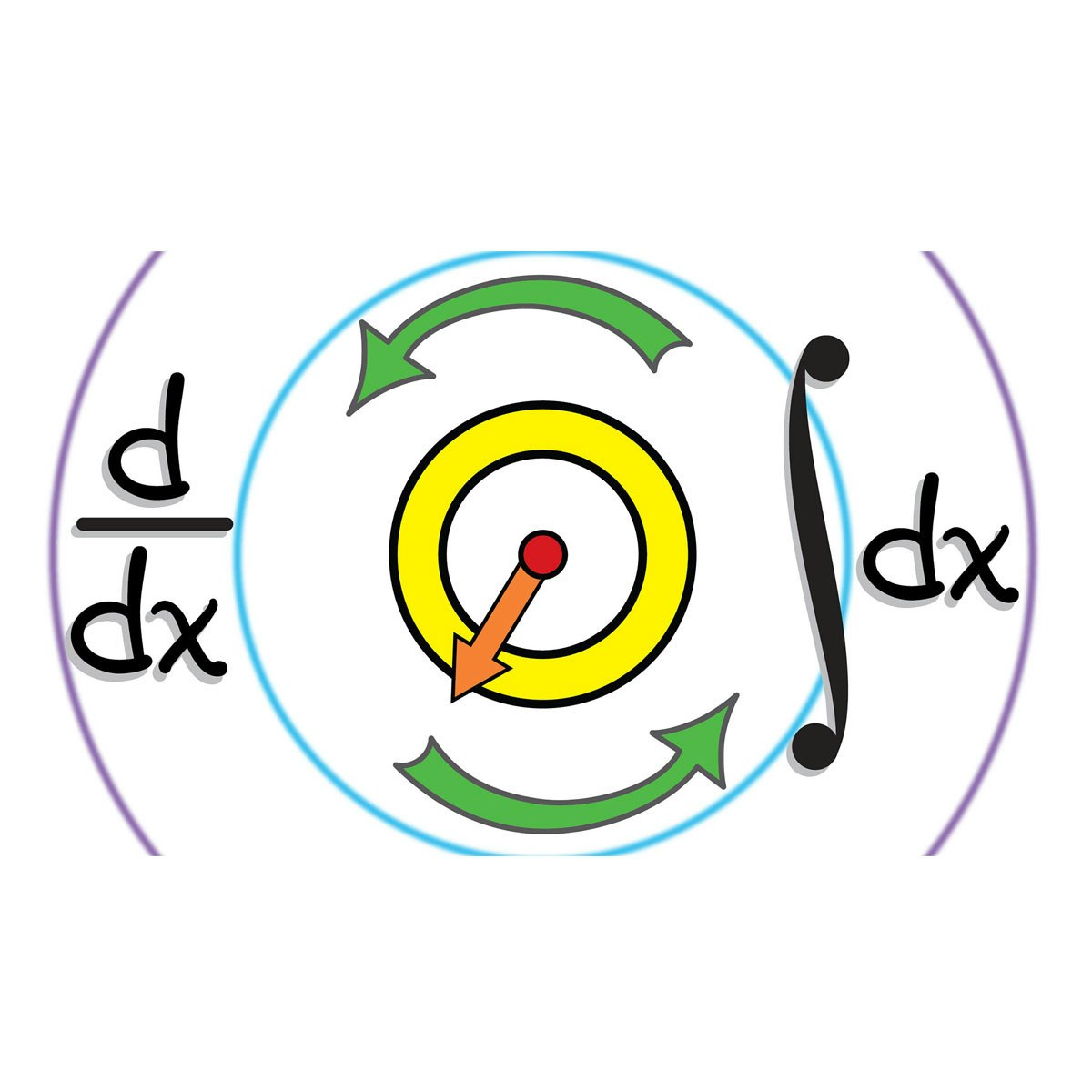
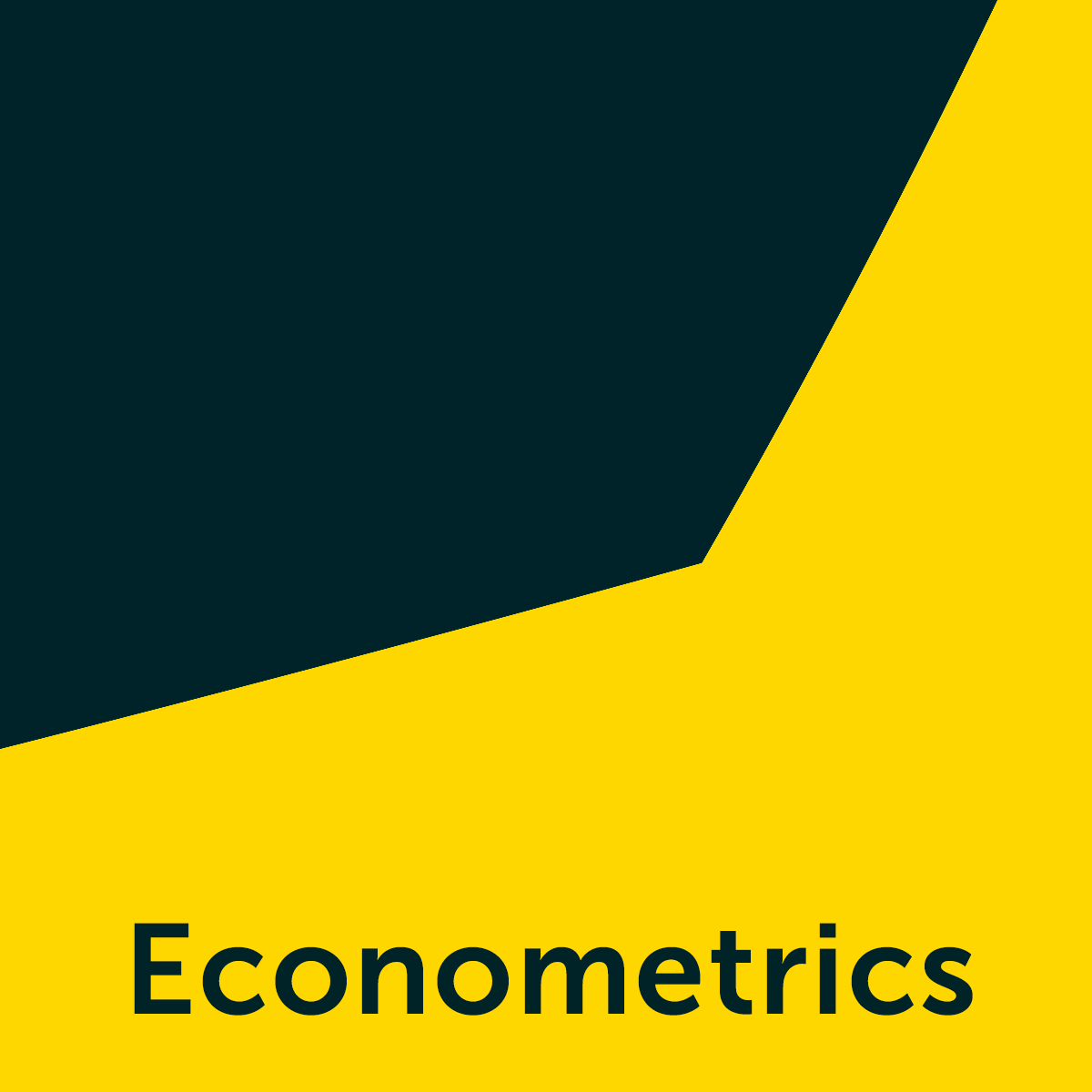
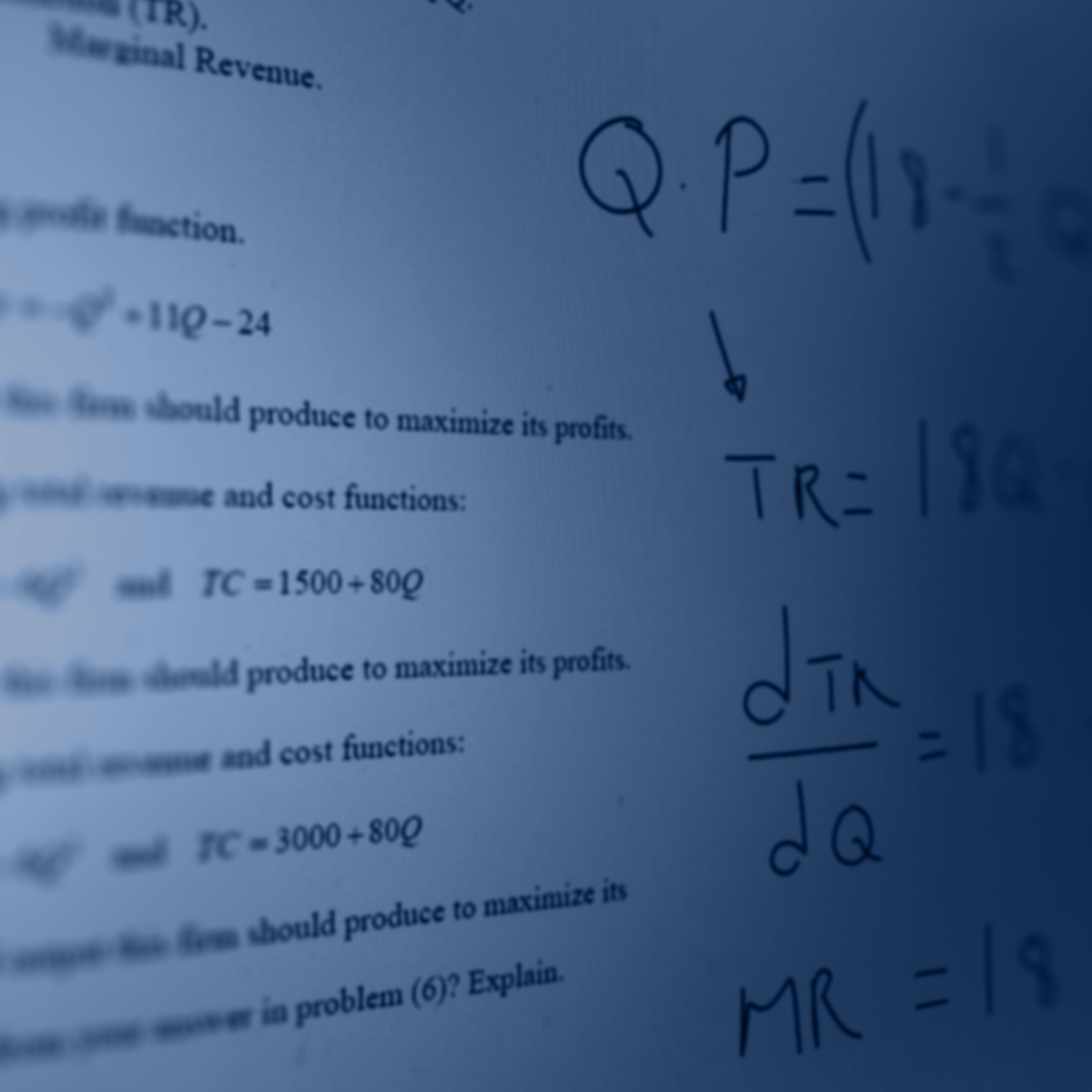

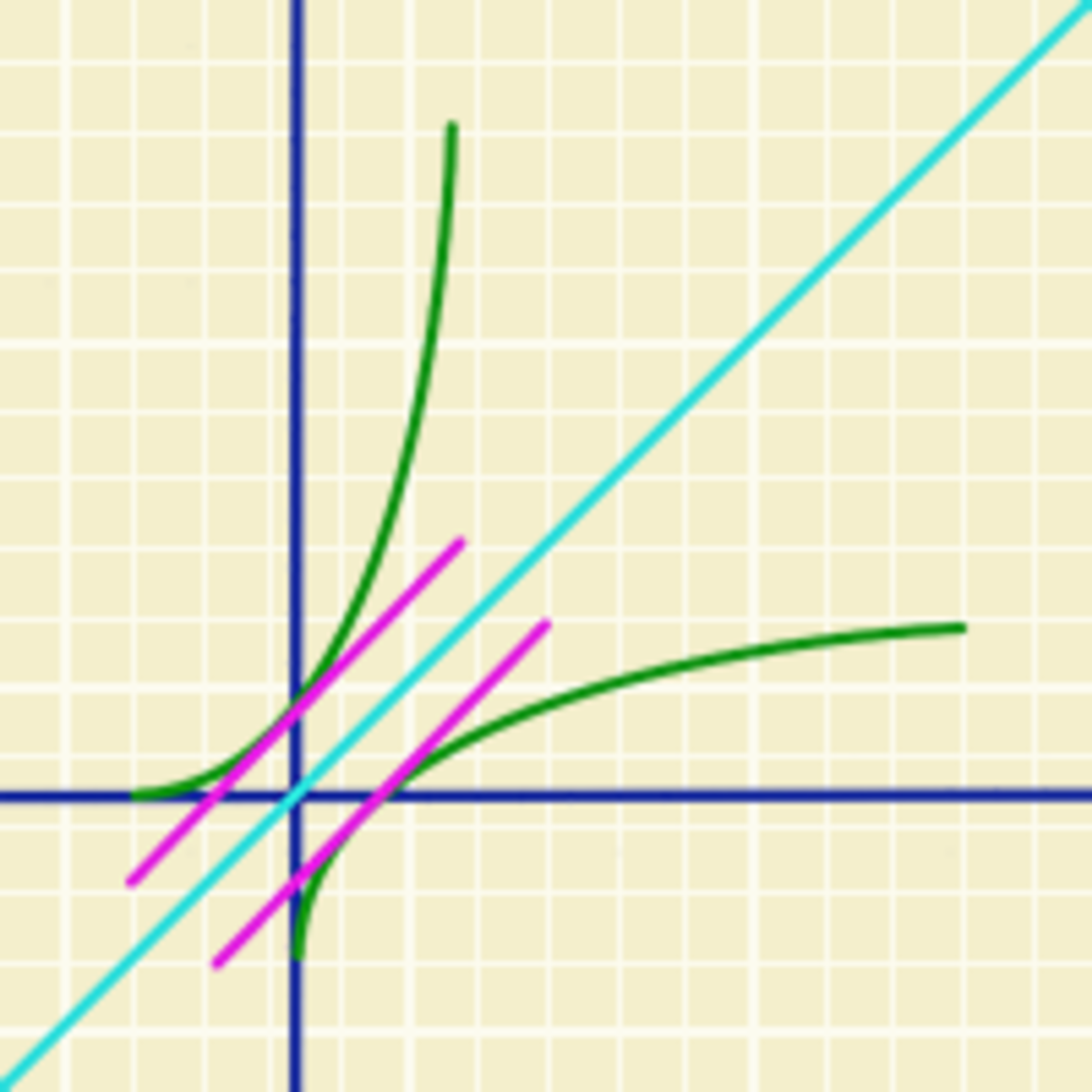
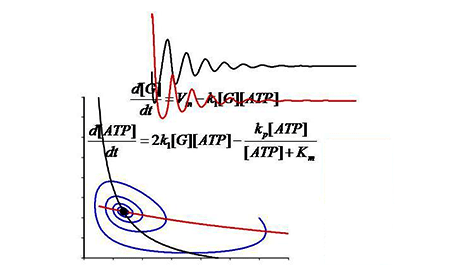
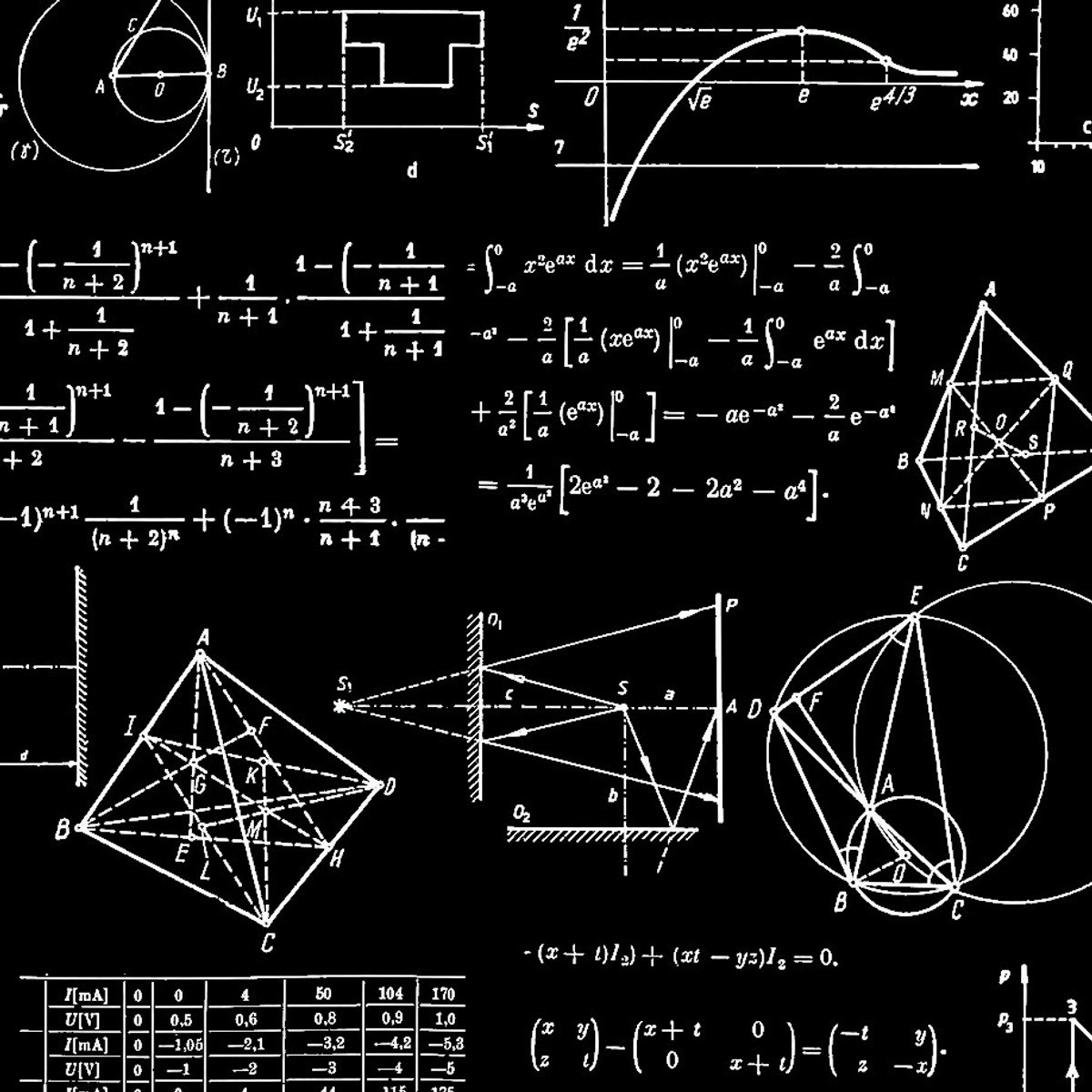



Math And Logic Courses - Page 10
Showing results 91-100 of 148

Calculus: Single Variable Part 3 - Integration
Calculus is one of the grandest achievements of human thought, explaining everything from planetary orbits to the optimal size of a city to the periodicity of a heartbeat. This brisk course covers the core ideas of single-variable Calculus with emphases on conceptual understanding and applications. The course is ideal for students beginning in the engineering, physical, and social sciences. Distinguishing features of the course include: 1) the introduction and use of Taylor series and approximations from the beginning; 2) a novel synthesis of discrete and continuous forms of Calculus; 3) an emphasis on the conceptual over the computational; and 4) a clear, dynamic, unified approach.
In this third part--part three of five--we cover integrating differential equations, techniques of integration, the fundamental theorem of integral calculus, and difficult integrals.

Econometrics: Methods and Applications
Welcome!
Do you wish to know how to analyze and solve business and economic questions with data analysis tools? Then Econometrics by Erasmus University Rotterdam is the right course for you, as you learn how to translate data into models to make forecasts and to support decision making.
* What do I learn?
When you know econometrics, you are able to translate data into models to make forecasts and to support decision making in a wide variety of fields, ranging from macroeconomics to finance and marketing. Our course starts with introductory lectures on simple and multiple regression, followed by topics of special interest to deal with model specification, endogenous variables, binary choice data, and time series data. You learn these key topics in econometrics by watching the videos with in-video quizzes and by making post-video training exercises.
* Do I need prior knowledge?
The course is suitable for (advanced undergraduate) students in economics, finance, business, engineering, and data analysis, as well as for those who work in these fields. The course requires some basics of matrices, probability, and statistics, which are reviewed in the Building Blocks module. If you are searching for a MOOC on econometrics of a more introductory nature that needs less background in mathematics, you may be interested in the Coursera course “Enjoyable Econometrics” that is also from Erasmus University Rotterdam.
* What literature can I consult to support my studies?
You can follow the MOOC without studying additional sources. Further reading of the discussed topics (including the Building Blocks) is provided in the textbook that we wrote and on which the MOOC is based: Econometric Methods with Applications in Business and Economics, Oxford University Press. The connection between the MOOC modules and the book chapters is shown in the Course Guide – Further Information – How can I continue my studies.
* Will there be teaching assistants active to guide me through the course?
Staff and PhD students of our Econometric Institute will provide guidance in January and February of each year. In other periods, we provide only elementary guidance. We always advise you to connect with fellow learners of this course to discuss topics and exercises.
* How will I get a certificate?
To gain the certificate of this course, you are asked to make six Test Exercises (one per module) and a Case Project. Further, you perform peer-reviewing activities of the work of three of your fellow learners of this MOOC. You gain the certificate if you pass all seven assignments.
Have a nice journey into the world of Econometrics!
The Econometrics team

Math for MBA and GMAT Prep
This course gives participants a basic understanding of statistics as they apply in business situations. A fair share of students considering MBA programs come from backgrounds that do not include a large amount of training in mathematics and statistics. Often, students find themselves at a disadvantage when they apply for or enroll in MBA programs. This course will give you the tools to understand how these business statistics are calculated for navigating the built-in formulas that are included in Excel, but also how to apply these formulas in an range of business settings and situations.

Advanced Understanding of Stocks and Bonds
This final course will cover more advanced aspects of bonds and stocks that will help you make smart personal decisions and develop a keen understanding of how governments and companies borrow from us. You will better understand stocks and bonds valuation and take a deeper dive using real-world problems. For stocks, you will review what you have already learned and understand valuation. You will learn about growth, different types of growth both bad and good. You will also get an opportunity to apply these concepts in practice assignments. For bonds: you will review what you have already learned. You will learn about different sources of risk in bonds. Lastly you will get an opportunity to apply these concepts in practice assignments.
After completing this course, you will have a deeper understanding of how bonds and stocks are valued and the risks involved in both. You will be able to apply this knowledge to understand the workings of a company and how it creates value. This will enable you to invest with more confidence and also bring a special and critical lens to a company’s decisions.
This course is part of the four-course Foundational Finance for Strategic Decision Making Specialization.

Introduction to Calculus
The focus and themes of the Introduction to Calculus course address the most important foundations for applications of mathematics in science, engineering and commerce. The course emphasises the key ideas and historical motivation for calculus, while at the same time striking a balance between theory and application, leading to a mastery of key threshold concepts in foundational mathematics.
Students taking Introduction to Calculus will:
• gain familiarity with key ideas of precalculus, including the manipulation of equations and elementary functions (first two weeks),
• develop fluency with the preliminary methodology of tangents and limits, and the definition of a derivative (third week),
• develop and practice methods of differential calculus with applications (fourth week),
• develop and practice methods of the integral calculus (fifth week).

Dynamical Modeling Methods for Systems Biology
An introduction to dynamical modeling techniques used in contemporary Systems Biology research.
We take a case-based approach to teach contemporary mathematical modeling
techniques. The course is appropriate for advanced undergraduates and beginning graduate students. Lectures provide biological background and describe the development of both classical mathematical models and more recent representations of biological processes. The course will be useful for students who plan to use experimental techniques as their approach in the laboratory and employ computational modeling as a tool to draw deeper understanding of experiments. The course should also be valuable as an introductory overview for students planning to conduct original research in modeling biological systems.
This course focuses on dynamical modeling techniques used in Systems Biology research. These techniques are based on biological mechanisms, and simulations with these models generate predictions that can subsequently be tested experimentally. These testable predictions frequently provide novel insight into biological processes. The approaches taught here can be grouped into the following categories: 1) ordinary differential equation-based models, 2) partial differential equation-based models, and 3) stochastic models.

Essential Linear Algebra for Data Science
Are you interested in Data Science but lack the math background for it? Has math always been a tough subject that you tend to avoid? This course will teach you the most fundamental Linear Algebra that you will need for a career in Data Science without a ton of unnecessary proofs and concepts that you may never use. Consider this an expressway to Data Science with approachable methods and friendly concepts that will guide you to truly understanding the most important ideas in Linear Algebra.
This course is designed to prepare learners to successfully complete Statistical Modeling for Data Science Application, which is part of CU Boulder's Master of Science in Data Science (MS-DS) program.
Logo courtesy of Dan-Cristian Pădureț on Unsplash.com

Building Regression Models with Linear Algebra
In this course, you'll learn how to distinguish between the different types of regression models. You will apply the Method of Least Squares to a dataset by hand and using Python. In addition, you will learn how to employ a linear regression model to identify scenarios. Let's get started!
Cryptography I
Cryptography is an indispensable tool for protecting information in computer systems. In this course you will learn the inner workings of cryptographic systems and how to correctly use them in real-world applications. The course begins with a detailed discussion of how two parties who have a shared secret key can communicate securely when a powerful adversary eavesdrops and tampers with traffic. We will examine many deployed protocols and analyze mistakes in existing systems. The second half of the course discusses public-key techniques that let two parties generate a shared secret key. Throughout the course participants will be exposed to many exciting open problems in the field and work on fun (optional) programming projects. In a second course (Crypto II) we will cover more advanced cryptographic tasks such as zero-knowledge, privacy mechanisms, and other forms of encryption.

Differential Equations for Engineers
This course is all about differential equations. Both basic theory and applications are taught. In the first five weeks we will learn about ordinary differential equations, and in the final week, partial differential equations.
The course contains 56 short lecture videos, with a few problems to solve after each lecture. And after each substantial topic, there is a short practice quiz. Solutions to the problems and practice quizzes can be found in instructor-provided lecture notes. There are a total of six weeks in the course, and at the end of each week there is an assessed quiz.
Download the lecture notes:
http://www.math.ust.hk/~machas/differential-equations-for-engineers.pdf
Watch the promotional video:
https://youtu.be/eSty7oo09ZI
Popular Internships and Jobs by Categories
Find Jobs & Internships
Browse
© 2024 BoostGrad | All rights reserved